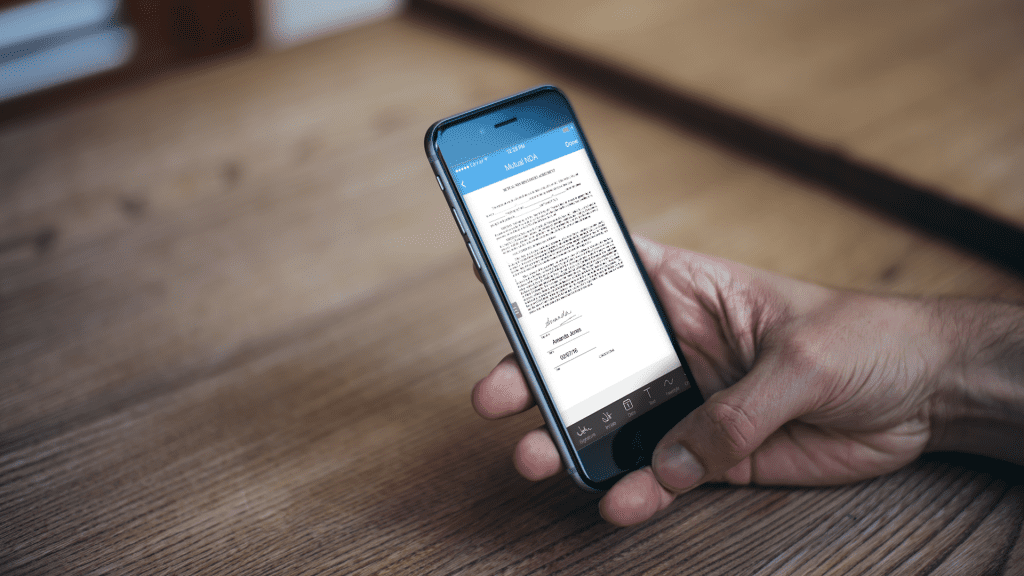As cell phones have become more and more popular, there have been plenty of people sounding the productivity alarm, saying that workers won’t get as much done when they’re glued to their phones all day. While it’s true that some time can be lost if policies fail to limit use of phones for personal purposes, the fact is that workers can be considerably more productive with phones–and sometimes even when they use them for personal purposes on the job. There are several ways that cell phones can make employees more productive.

Ease of Repair
Let’s first address everyone’s concern about whether things will function smoothly if phones are widely used for work applications.Every office has a fairly tech-savvy person who has the magic knack for unjamming the copier or troubleshooting a computer, but professional help for that equipment is found in a different person for each device.
With cell phones, that’s not the case. The same Iphone help will take care of problems that interfere with voice communication, email, file sharing, photography, and countless other functions. And of course, it doesn’t take an on-site visit to get the work done; most work can be handled within a business week.
Don’t focus on some perceived vulnerability created by doing many things with one device. Instead, pay attention to how efficiently you can make repairs compared to the days-long delays in getting other types of help.
Rapid Communication
Decades ago, it was a real innovation when intercoms were set up in the workplace. Whether a worker as at the desk, at the water cooler, or somewhere else in the building, calls could be quickly answered without a lot of unneeded effort by the receptionist. It seemed revolutionary.
And as big of a change as it was, it was still confined to the facility. Cell phones make it possible to transfer calls not just within the four walls but anywhere within reach of a tower, getting information to employees quickly and cutting out the “telephone tag”.
An added bonus is the time lost on personal communication. If your child’s school is trying to reach you because he or she is sick, company time and resources can be wasted tracking you down if you don’t have a cell phone. The same is true of contractors going to the worker’s home to make repairs and countless other situations. The call has to be made, but cell phones make it much more efficient.
Greater Mobility
So if no one has to be tethered to the office for those brief calls or emails, it is much easier for workers to be out in the field being productive with their cell phones on hand. The highway engineer who can review a document from a construction site is more productive than one who must return to the office to perform the same task.
That same principle applies to sales personnel, service technicians, and all kinds of other workers who have a home base but must do a lot of their work in the field as well. Cell phones permit them to handle email in their own time frame, helping to minimize its accumulation and interference.
They can also manage workloads during those lull times over meals, breaks, gasoline stops, and other pauses in their field work, avoiding a logjam of messages to slug through at day’s end.
Those who have resisted cell phones in the workplace are finding that their relentless march into the hands of workers cannot be stopped. Instead of declaring defeat, though, the wise managers are declaring victory over lost productivity and wasted effort. Cell phones are allowing them to rapidly communicate with workers, sharing files and information, and doing so with a minimum of downtime when the inevitable breakdown occurs.